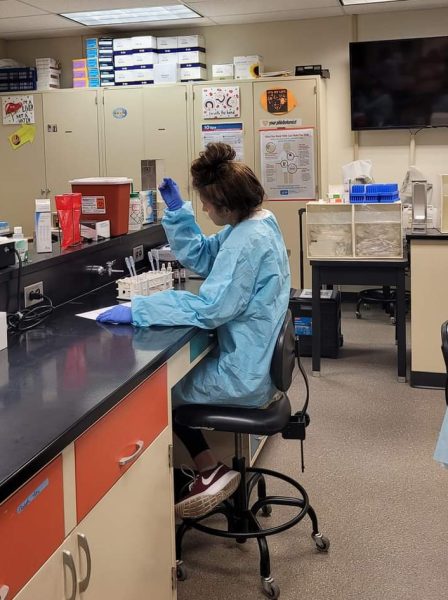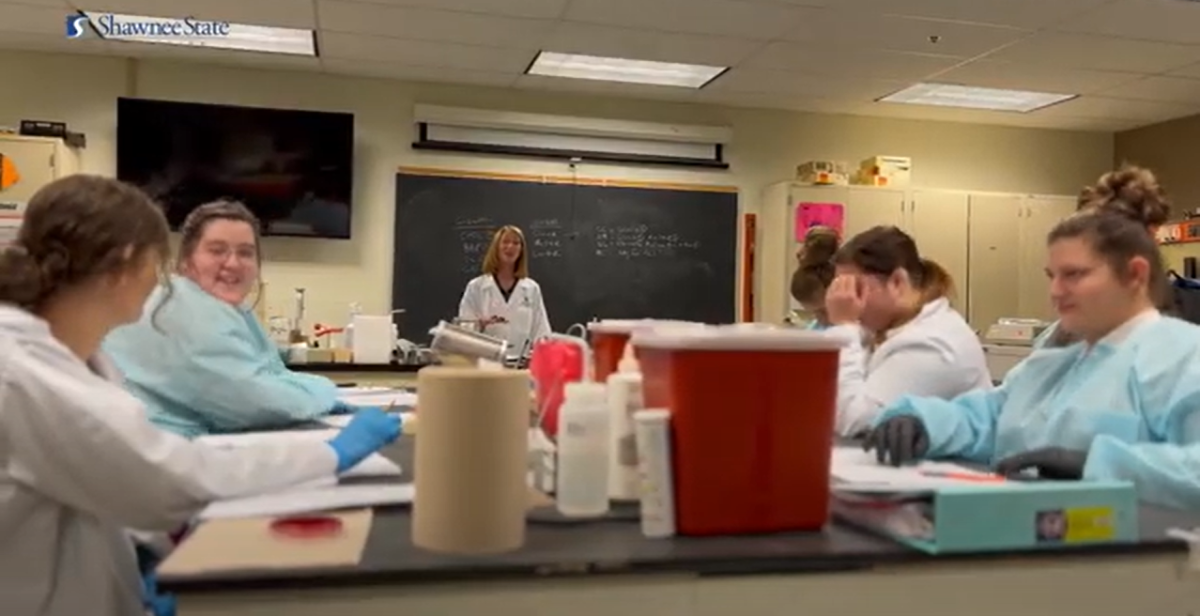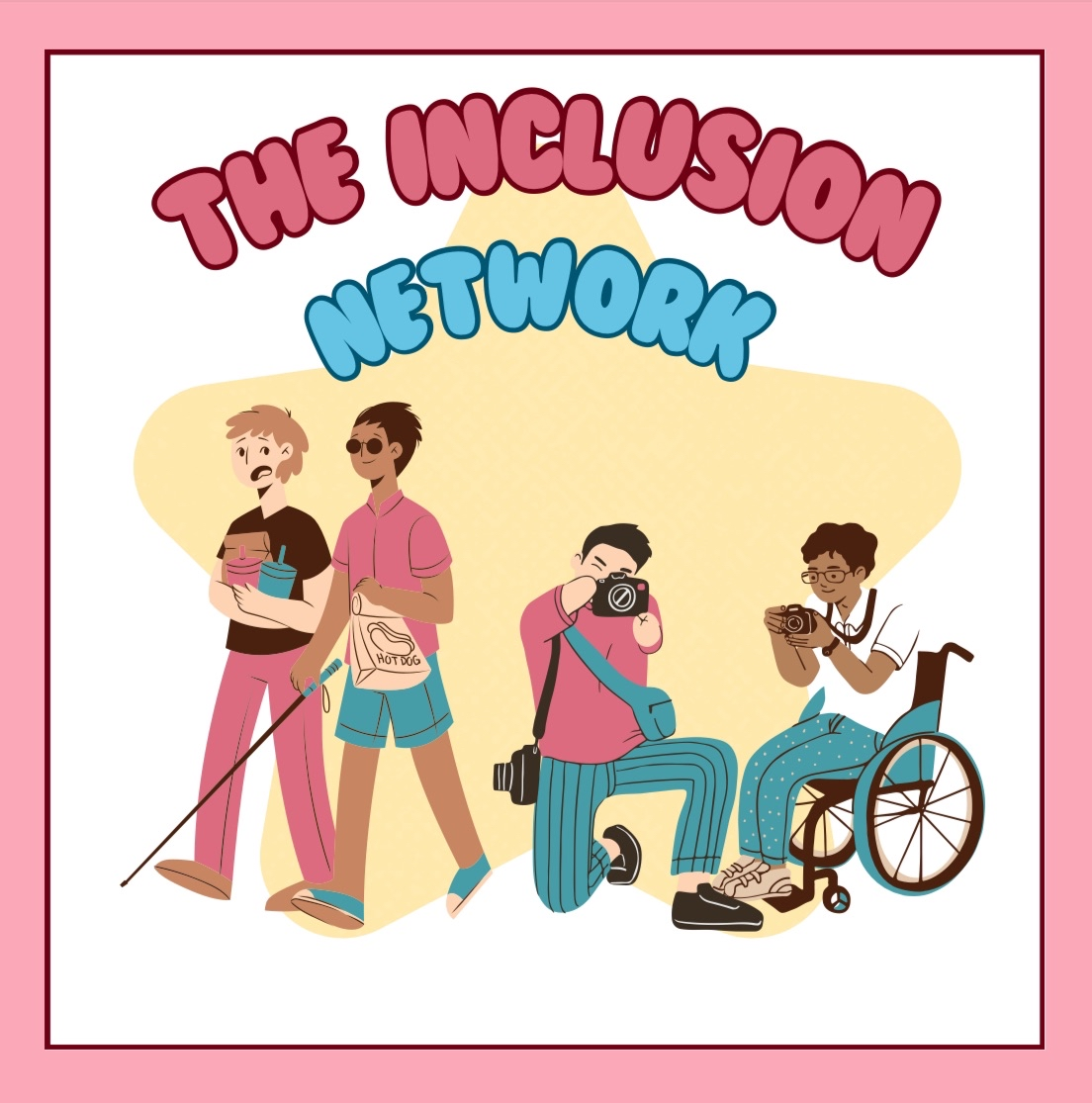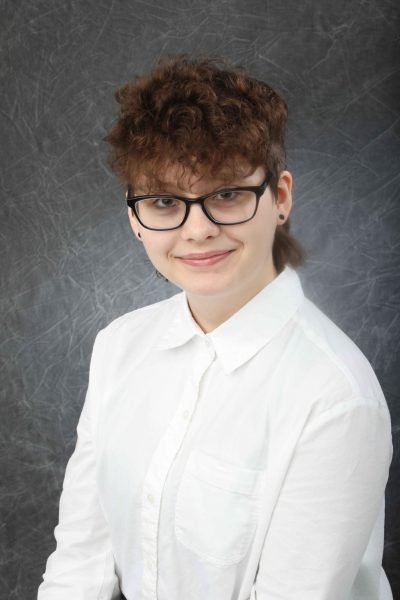When pursuing education in the healthcare field, there are many options for degrees and training programs. However, many of these programs can take over a decade to complete. With SSU’s medical laboratory technician (MLT) program, students can earn an associate’s degree and enter the workforce in just two years. The mission of the MLT program is to provide students with the knowledge and skills required to become proficient laboratory professionals.
Over the course of two years, in a class of up to 24, students will take various specialized courses relating to the MLT profession as well as other science courses such as chemistry and hematology. These courses feature both lectures and extensive hands-on experience with highly qualified professors, including the program director Jean McGlone. Additionally, the program is fully accredited by the National Accrediting Agency for Clinical Laboratory Sciences (NAACLS), ensuring that students receive a high-quality education that meets the healthcare industry’s rigorous standards and expectations.

Upon completing the program, students are eligible to take the certification exam. From 2020 to 2024, with an average class size of 11, the average passing rate was 82%. The program also has a graduation rate of 89% and a job placement rate of 100% for those who sought out a job immediately after completing their associates. To qualify for admission into the MLT program, students must satisfy a list of specific criteria; however, it is noted on SSU’s website that some requirements may be waived depending on individual situations. There are also additional benefits to the program, such as qualifying for the Choose Ohio First scholarship that was created specifically for students pursuing a degree in STEM education.
After completing the program and passing the certification exam, graduates may pursue a variety of well-paying positions in the healthcare field.
“Most of my students find themselves in clinical laboratories,” McGlone said, adding “I have had students who have taken positions in what’s called a ‘reference lab,’” which she explained to be a private laboratory that performs certain types of tests that are unavailable in hospitals or other clinical settings. Additionally, recruiters from various hospitals regularly visit the program to inform students of job opportunities, provide career advice and answer questions, ensuring that students are prepared and well-informed of their many options.
When asked about the types of students who are typically interested in the MLT program, McGlone stated, “Typically people who find their way to me are those who like sciences. … They knew they wanted to do something in healthcare but couldn’t see themselves doing the work that nurses do, or respiratory or radiology.”
She added that MLTs do not have direct patient contact, making the program an excellent fit for those who wish to contribute to healthcare in a more “behind-the-scenes” way. Individuals interested in applying to the MLT program at SSU may fill out the Health Science application on SSU’s website. The MLT program’s combination of high-quality education and constant hands-on experience equips students with not only the skills but also the confidence required to excel in the profession.




